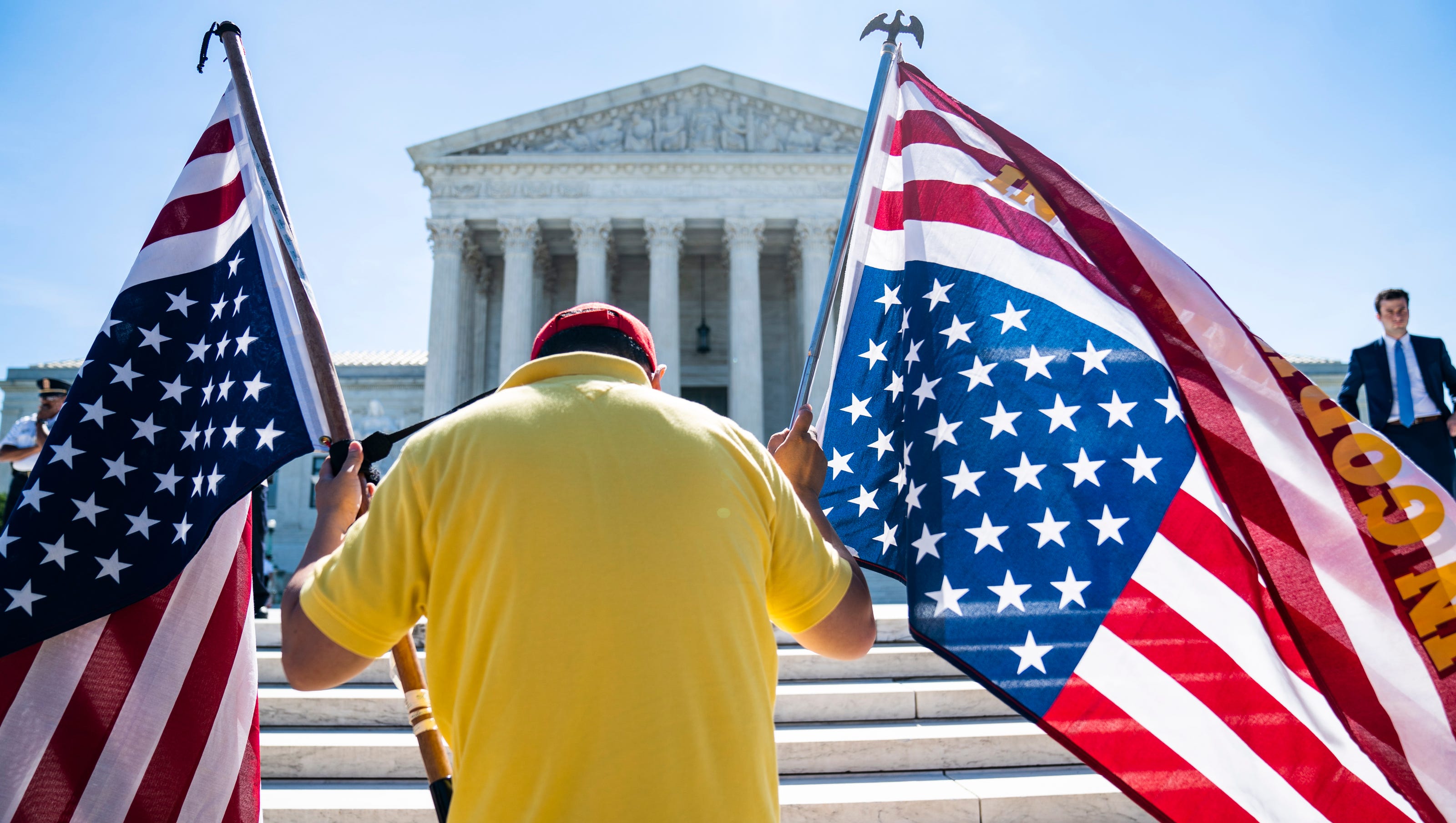
Trump's Legal Nightmare: Can He Vote Despite Weapon Ban Ruling?
An In-Depth Examination of the Complexities
Former President Donald Trump's legal woes continue to mount, with a recent ruling by a federal appeals court adding another layer to his mounting legal challenges. The court upheld a ruling that Trump is barred from possessing firearms due to his prior felony conviction for incitement of insurrection. This ruling raises questions about whether Trump will be able to vote in the upcoming midterm elections.
The Weapon Ban Ruling
In December 2021, a federal judge ruled that Trump was prohibited from possessing firearms under federal law due to his felony conviction. The judge found that Trump's actions on January 6, 2021, when he incited a mob of his supporters to attack the U.S. Capitol, constituted a "crime of violence" under federal law. As a result, Trump was barred from possessing firearms for the rest of his life.
Trump appealed the ruling, but the Ninth Circuit Court of Appeals recently upheld the lower court's decision. The appeals court found that Trump's actions on January 6th were "a grave threat to the rule of law" and that he "cannot be trusted to possess a firearm." The court also noted that Trump has a history of reckless behavior, including making threats of violence against his political opponents.
Voting Rights Implications
The weapon ban ruling has implications for Trump's voting rights. Under federal law, felons are generally not allowed to vote. However, there are some exceptions to this rule, including for felons who have completed their sentences and are no longer on probation or parole. It is unclear whether Trump's felony conviction would disqualify him from voting, as he has not yet completed his sentence or been released from probation.
Some legal experts believe that Trump will be able to vote despite his felony conviction. They argue that the weapon ban ruling does not explicitly prohibit Trump from voting and that he is not currently on probation or parole. Other experts believe that Trump will be disqualified from voting, as his felony conviction is for a crime of violence. They argue that this type of conviction is typically a disqualifying factor for voting.
Political Implications
The weapon ban ruling and the potential disqualification of Trump from voting have significant political implications. If Trump is not able to vote, it could affect the outcome of the upcoming midterm elections. Trump remains a popular figure among Republican voters, and his inability to vote could demobilize his supporters. This could benefit Democratic candidates, who are hoping to gain control of the House and Senate.
However, it is also possible that Trump's inability to vote could energize his supporters and lead to a higher voter turnout among Republicans. This could benefit Republican candidates, who are hoping to maintain their control of Congress.
Conclusion
The weapon ban ruling and the potential disqualification of Trump from voting are complex issues with significant legal and political implications. It is unclear at this time how these issues will be resolved, but they are sure to continue to be a source of debate and controversy in the months leading up to the midterm elections.
Regardless of the outcome of these legal challenges, it is clear that Trump's legal nightmare is far from over. His actions on January 6th have had a profound impact on his life and legacy, and it is likely that he will continue to face legal challenges for years to come.
Comments
Post a Comment